Post-Pandemic Burnout and Inequities Among Black Women Administrators in Higher Education
By Esther Lawrence
As we begin to navigate the world after COVID-19, inequities among Black women remain disproportional. Acknowledging this, Dr. Esther Lawrence has penned an open letter to higher education adminstrators to promote the benefits of rest and leisure – concepts that are rarely encouraged for this specific population or in these spaces.
There has been a heaviness in the air lately among Black women in higher education.
The recent news of Black women leaders either dying while at work, dying suddenly, resigning from high profile positions in higher education and feeling so hopeless about their roles that they commit suicide has sent shockwaves throughout higher education in the fall of 2023 and the early part of 2024. I speak specifically about Dr. JoAnne A. Epps, Temple University’s former acting president; Dr. Orinthia T. Montague, Volunteer State Community College’s former president; the resignation of Dr. Claudine Gay, former president from Harvard University; and most recently, the apparent suicide of Dr. Antoinette “Bonnie” Candia-Bailey, former vice president of student affairs at Lincoln University.
As I wrote this, I thought it was particularly important to say their names as they were Black women in the academy who had achieved many firsts in their careers. These troubling events have created an opportunity for dialogue relating to mental health and burnout among Black women leaders. During the COVID-19 pandemic, many instances of inequities were exposed. One in particular that comes to mind is overwork/overwhelm.
While working from home, many leaders found themselves working way past their regular shifts and neglecting to take lunch breaks. Much of this stemmed from proving their worth, value and loyalty to their employers during a difficult and uncertain time. Now that we are in a post-pandemic society, it has become common for employers to expect the same level of overwork and overwhelm from their employees. This combination of overwork and overwhelm might be some of what contributed to the trauma and tragedy of the Black women administrators that I mentioned earlier.
In addition to that, we have to consider that they were likely experiencing psychological trauma, which might have included discrimination, bullying, microaggressions and politics, to name a few. Work-related stress, trauma and anxiety are real, and during my doctoral research, I specifically studied how the mental health of people of African descent manifests into our physical health. Many of us have not made this connection, and we suffer for it. As Black people, we have to do a better job of taking care of ourselves and making it a priority. Nothing is more important than our mental and physical health. We can’t take care of anyone else, much less excel at our jobs if we are not diligent about our health.
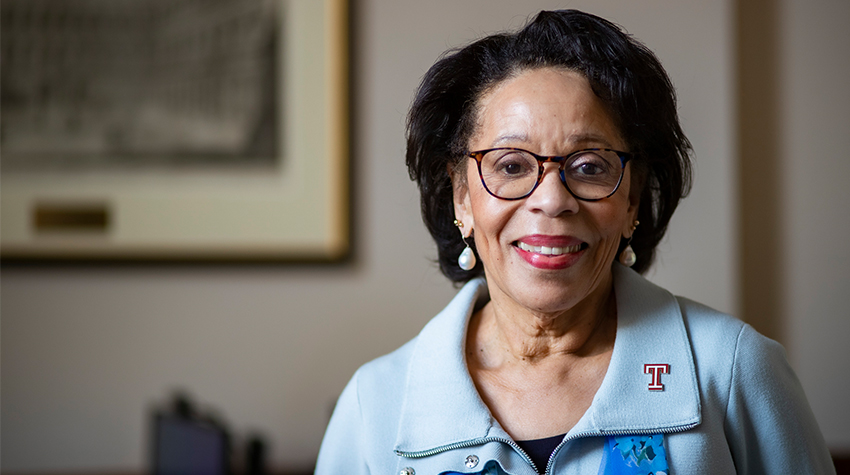
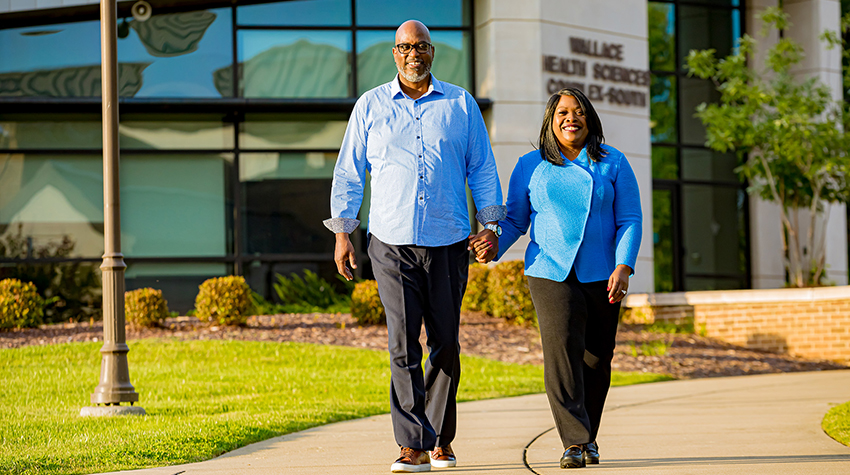
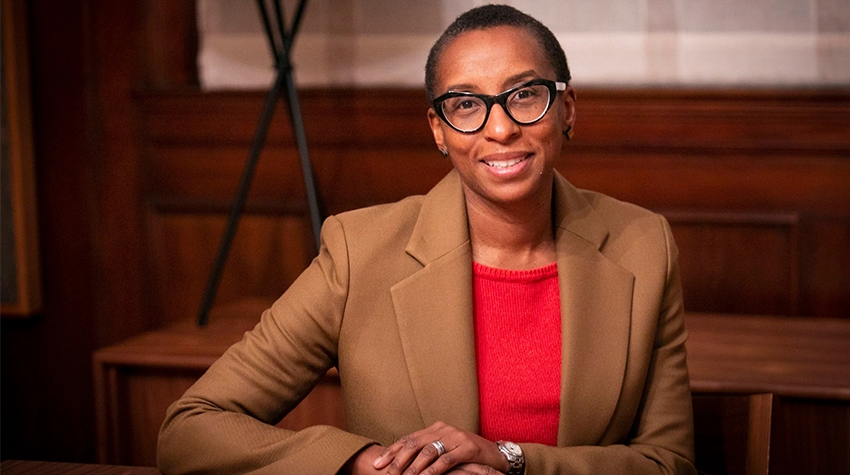
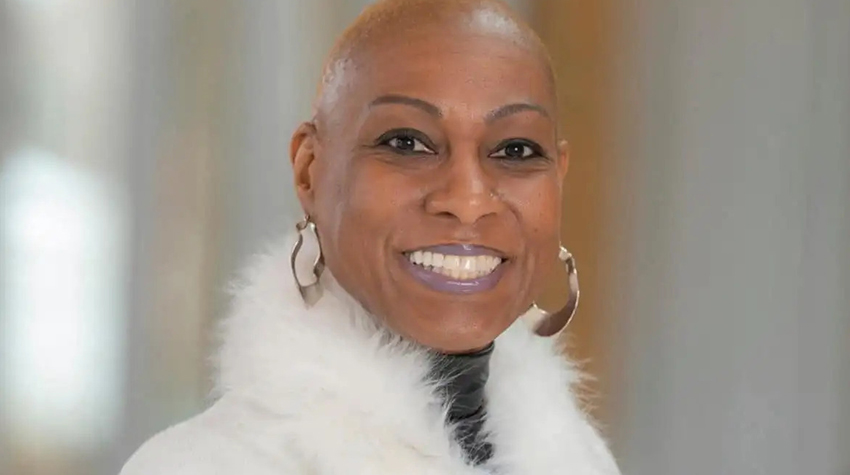
What’s missing from higher education now is the human side. Somehow, we lost our humanity, and it is evident by the way that people are moving on to other industries. We have to collectively figure out ways to regain our humanity, or else we may implode."
Taking care of yourself looks like this – schedule those doctors’ appointments, see the specialists, meet with your therapist, go on vacation, set boundaries, take sick leave to recover from mental or physical ailments, eat healthier, get in some exercise, spend time with family/friends that actually allow you to be yourself, laugh and rest, go get a massage, take up a hobby, take time for worship, take yourself out to eat, see a movie, go to a concert, go to a sports event, or go to the beach. There are so many opportunities that allow us to take care of ourselves, but what’s most important is that you do something that makes you feel good.
I recently read an article by Dr. Joy Gaston Gayles called “Humanizing Higher Education: A Path Forward in Uncertain Times,” and many of her words truly resonated with me. What’s missing from higher education now is the human side. Somehow, we lost our humanity, and it is evident by the way that people are moving on to other industries. We have to collectively figure out ways to regain our humanity, or else we may implode.
For many, higher education had never felt this rigid pre-pandemic. It felt more forgiving, more collaborative, and definitely more flexible, which is why many chose this industry in the first place. I have to admit that it now feels a lot more corporate, and this might explain why many are leaving higher education to venture into other industries, particularly the industries where the work day really ends at 5 p.m. sharp.
Why? The pandemic made people realize that more time is spent at work than on our own leisure.
People are now focused on ending their work day at 5 p.m. so that they can dedicate more time to their families and their pets or just take care of themselves. People are using their sick time more, FMLA, vacation time and personal time. Why? Because life is not guaranteed to any of us. If anything, the pandemic taught us to cherish the time we have and not to take this life and the time with our loved ones for granted.
I am writing this article to encourage Black women to take care of themselves and not to let burnout win. Love yourself enough to be proactive about your health and your life. If there are things that you are struggling with in your role in higher education, seek guidance, talk to friends and family, collaborate with colleagues who may notice similar things, and if you have the opportunity to change some things for the better, then do it!
The truth is, there are always other options, and I’d rather see someone leave a job than inflict harm on themselves. The pressure will always be there to be the first as a Black person. Sometimes, being the first in your family or your career is not worth your life or your mental health. We have to know when to step back and prioritize ourselves. The new year offers the promise of new opportunities; whatever they might be, don’t let them pass you by.
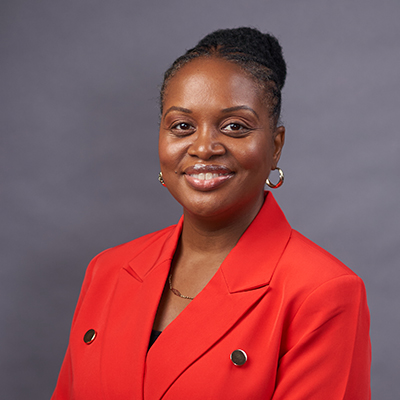
About the Contributor
Dr. Esther Lawrence is the assistant dean for the School of Business, a frequent contributor to the Celebrate Diversity Digest and a longtime member of the Committee on Campus Diversity & Inclusive Excellence.
Woman’s WORTH Promotes Growth, Racial Healing
FALL 2023 ISSUE
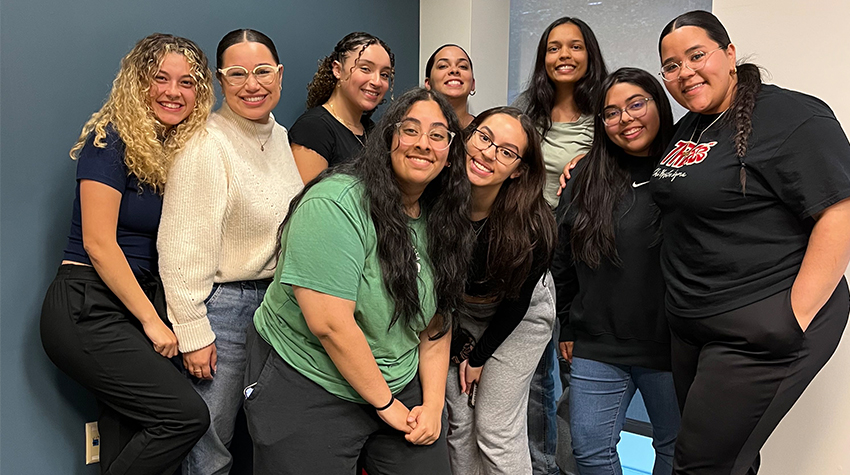
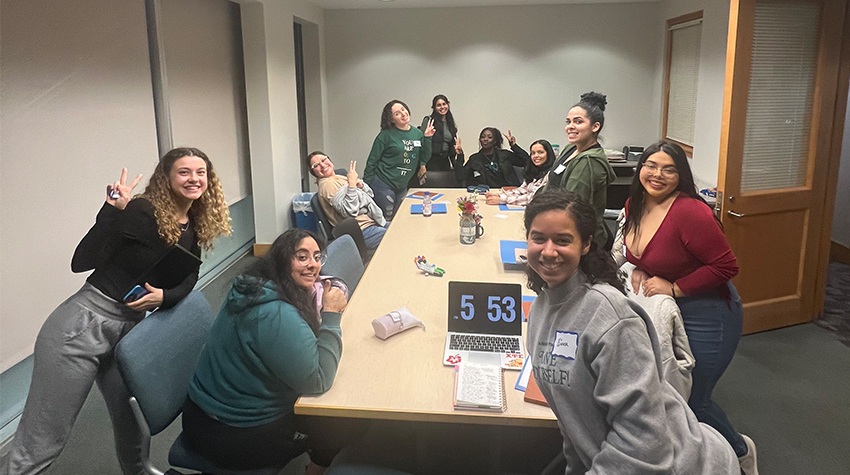
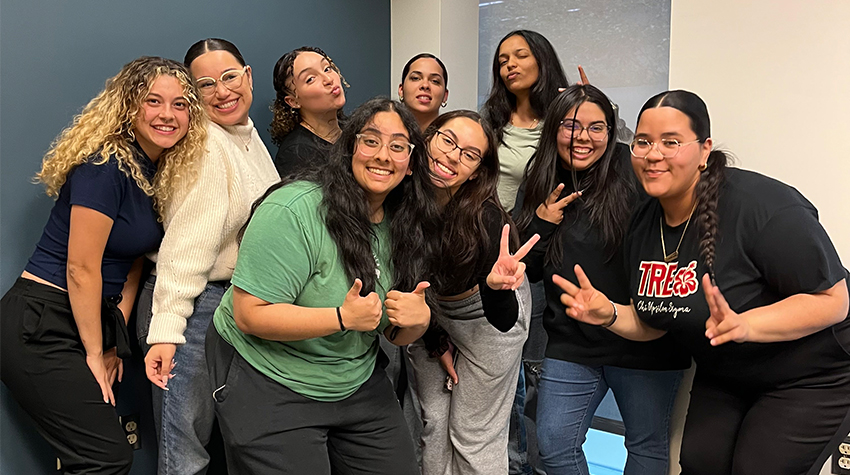
The 2022 Racial Healing Circle had a profound impact on Aleyshka Barbosa.
Aleyshka, a senior Social Work major who interned for the Office of Student Transition Programs in the spring of 2023, felt that more women of color should have the opportunity to participate in the transformative experience known as Woman’s W.O.R.T.H (Working on Rebuilding Trust and Healing), an initiative that was spearheaded by Maya Lewis, professor of Social Work, and I during my internship for the Office of Student Conduct.
Aleyshka soon reached out to me and encouraged me to reignite Woman’s W.O.R.T.H. in 2023 with a new group of incoming and returning students. Based on the survey and testimonials from the 2022 cohort, she knew that the need for the circle was important for holistic growth and healing.
The 2023 cohort consisted of 12 first-generation women of color who met for five sessions, double that of the first cohort in 2022. Ana Edmondson, assistant vice president for Student Transition, Access and Retention, provided the circle with proper supplies, texts and a comfortable space to have the sessions while Aleyshka and I cultivated a safe space for women with diverse backgrounds to be able to have tough conversations in order for healing and the empowerment of the women to take place.
Other Related Articles
Reference Information:
Dr. Gaston Gayles is an associate professor of higher education and student affairs in the Department of Adult and Higher Education at North Carolina State University.
Article link: https://muse.jhu.edu/article/900572
Gayles, J. G. (2023). Humanizing Higher Education: A Path Forward in Uncertain Times. Review of Higher Education, 46(4), 547–567. https://doi.org/10.1353/rhe.2023.a900572


